Why are young people "lazy" to get married?
Luu Thanh Dat, 23, a recent graduate in Hanoi, said: “In my opinion, the trend of young people getting married late is quite common and there are many good reasons. Modern life makes many people prioritize studying, developing their careers and stabilizing their finances before thinking about starting a family.” Dat’s views not only reflect the desire for independence but also show a young generation trying to balance personal responsibility and social expectations.
Dinh Trung Hieu, 24 years old, just graduated from university in Hanoi, told his story: “I was born into a poor family, just graduated from university so I have many things to worry about from work and family. Therefore, getting married early is impossible for me because I do not have a strong financial foundation to build a family. Therefore, I choose to live a single life, being free to do what I like, without being tied down”. Hieu's sharing not only reflects the harsh financial reality but also shows an independent lifestyle, where personal freedom is put first.
In addition to economic pressure, changes in life concepts also contribute to shaping the trend of late marriage. Young people today emphasize perfection in relationships. Ms. Nguyen Thi Dao, 28 years old, an office worker in Ho Chi Minh City expressed: "Young people today tend to marry late because they want to stabilize their jobs before starting a family. And partly because they want to find a perfect partner." The desire to find someone who is compatible in both personality and life goals causes many young people to prolong their time of getting to know each other, sometimes leading to hesitation in commitment.
According to a report from the General Statistics Office of Vietnam in 2024, the average age of first marriage of Vietnamese people has increased to 27.2 years old, 2 years higher than in 2019 (25.2 years old). In large cities such as Hanoi and Ho Chi Minh City, this figure is even more remarkable, reaching 29.8 and 30.4 years old, respectively. Men now usually get married at the age of 29.3, while women are 25.1. Compared to 1999, when the average age of marriage was only 24.1, this trend shows a clear change in lifestyle, especially among Gen Z (born 1997 - 2012).
 |
Mr. Luu Thanh Dat is busy working with the desire to develop his career and stabilize his finances. |
There are many reasons why young people today choose to stay single or get married late. For example, in the context of increasing living costs in big cities like Hanoi and Ho Chi Minh City, young people face financial barriers that make starting a family a difficult decision. According to a survey by the Institute for Family and Gender Studies in 2021, 68% of young people aged 16-30 in urban areas believe that it is necessary to achieve financial stability before getting married. Rent costs, pressure to buy a house and daily expenses are burdens that cause many young people to delay marriage.
Furthermore, negative information about divorce and domestic violence on social media has had a strong impact on the psychology of young people. According to the General Statistics Office, from 2017 to 2023, Vietnam recorded 187,690 divorces, with the divorce rate increasing by an average of 3% per year. These stories make many young people like Dao more cautious, even afraid, when thinking about marriage. “I see many couples divorce after only a few years, so I want to learn carefully to avoid mistakes,” Dao added.
And the consequences
Although the trend of late marriage and single life is a personal choice, there are many conflicting opinions on this issue. For example, some people believe that the single lifestyle and late marriage not only affect the individual but also have far-reaching consequences for society.
For example, getting married in your thirties can affect the ability of women and men to conceive. Or choosing a single lifestyle is causing many countries to face an aging population, reducing the young labor force to develop the country and the economy and society in the future.
Sharing with the media, Dr. Nguyen Tuan Anh, a sociologist at the Vietnam Youth Academy, warned that late marriage leads to late childbirth, reducing the fertility rate to 1.8 - 1.86 children/woman, lower than the replacement level of 2.1. This accelerates the aging process of the population, with a forecast that by 2030, 20% of Vietnam's population will be over 60 years old. Population aging not only puts pressure on the social security system but also reduces the young workforce, affecting economic development.
On a personal level, men who marry late also face the risk of reduced sperm quality, while women over 35 face many reproductive health risks. “Late marriage can also lead to pressure from family, society or affect reproductive health,” Mr. Dat added. This pressure comes not only from traditional expectations but also from social norms about the “appropriate age” to get married, making many young people feel stuck between the line of freedom and responsibility.
Many experts on marriage and family issues also emphasize the need to build media campaigns to spread family values, portraying marriage as a journey of sharing and development. Instead of focusing on negative stories, the media should tell stories of young families overcoming difficulties and building happiness together. Social media platforms such as Facebook can be an effective channel to reach Gen Z, helping them view marriage in a more optimistic way.
 |
Dinh Trung Hieu believes that young people want to develop themselves before getting married. |
In addition, in 2020, the Prime Minister 's Decision 588/QD-TTg of 2020 on the Program to Adjust Fertility Rates to Regions and Target Groups by 2030, included the content of encouraging men and women to get married before the age of 30 and have two children. This program aims to maintain replacement fertility, especially in localities with low fertility rates.
We currently have practical policies such as supporting low-interest loans to buy social housing, exempting children from tuition fees, increasing basic wages... Previously, there were some proposals to reduce working hours to 40 hours/week, creating conditions for young people to have more time to build relationships and take care of their families. These policies not only reduce financial pressure but also encourage young people to confidently enter into marriage.
Another major barrier to late marriage is the lack of opportunities to meet suitable people, especially for busy people. Ms. Nguyen Thi Dao said: “If there were connection programs to help busy young people find suitable people, I think it would encourage us to think about marriage sooner.” Localities should organize exchange events, youth clubs, or meetings based on common interests, such as sports, art, or travel. These activities not only help young people expand their relationships but also create a healthy environment to get to know their life partners.
In fact, late marriage is a personal choice, but it needs to be guided to minimize long-term consequences. As Mr. Luu Thanh Dat shared: "Each person should choose the right time to get married according to their personal circumstances and desires, as long as they feel happy and ready." In a society that is changing every day, young Vietnamese people need to be motivated and supported to confidently embark on the journey of marriage with practical support policies and positive communication.
Source: https://baophapluat.vn/cau-chuyen-ket-noi-nguoi-tre-voi-hon-nhan-post553292.html








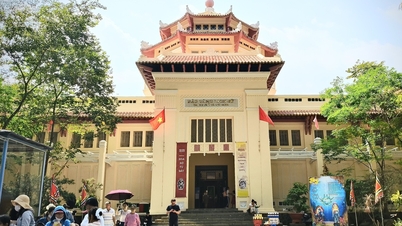

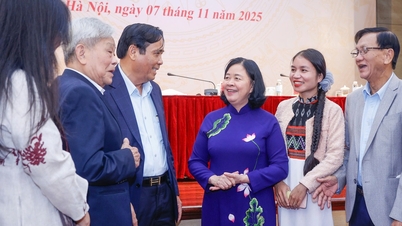




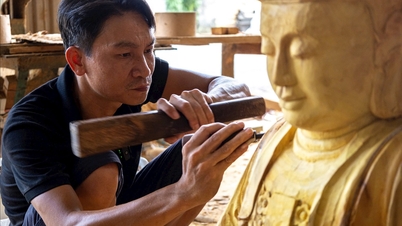

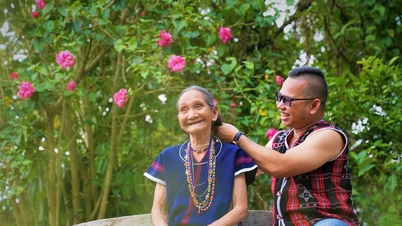






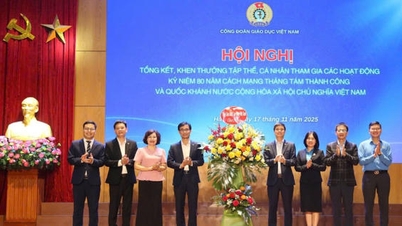
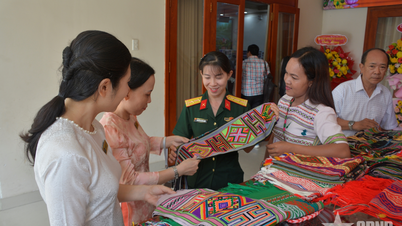









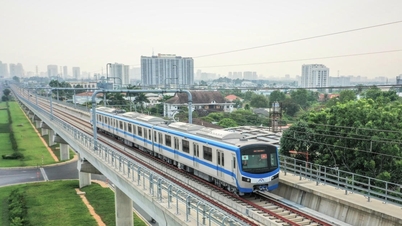





![[Photo] General Secretary To Lam and National Assembly Chairman Tran Thanh Man attend the 80th Anniversary of the Traditional Day of the Vietnamese Inspection Sector](https://vphoto.vietnam.vn/thumb/1200x675/vietnam/resource/IMAGE/2025/11/17/1763356362984_a2-bnd-7940-3561-jpg.webp)



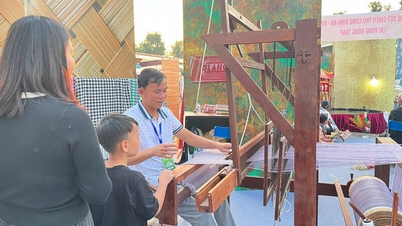






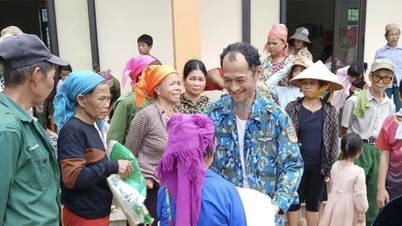





























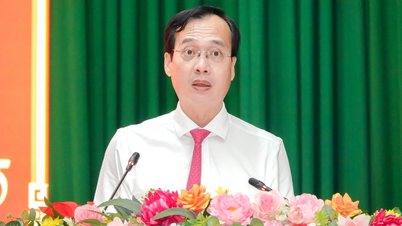



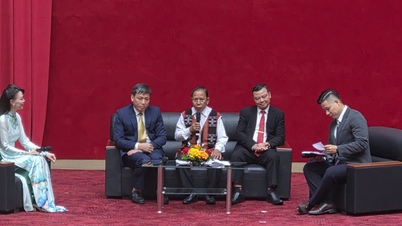




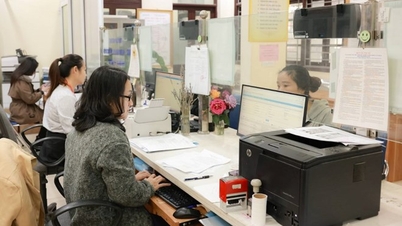





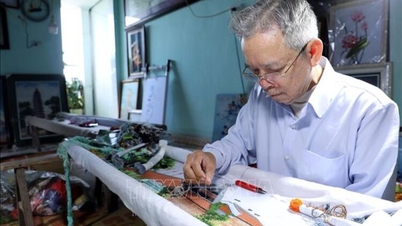

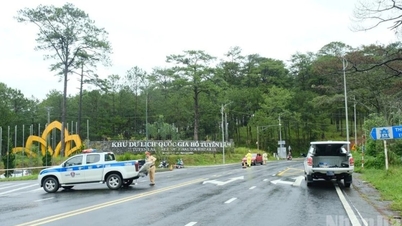











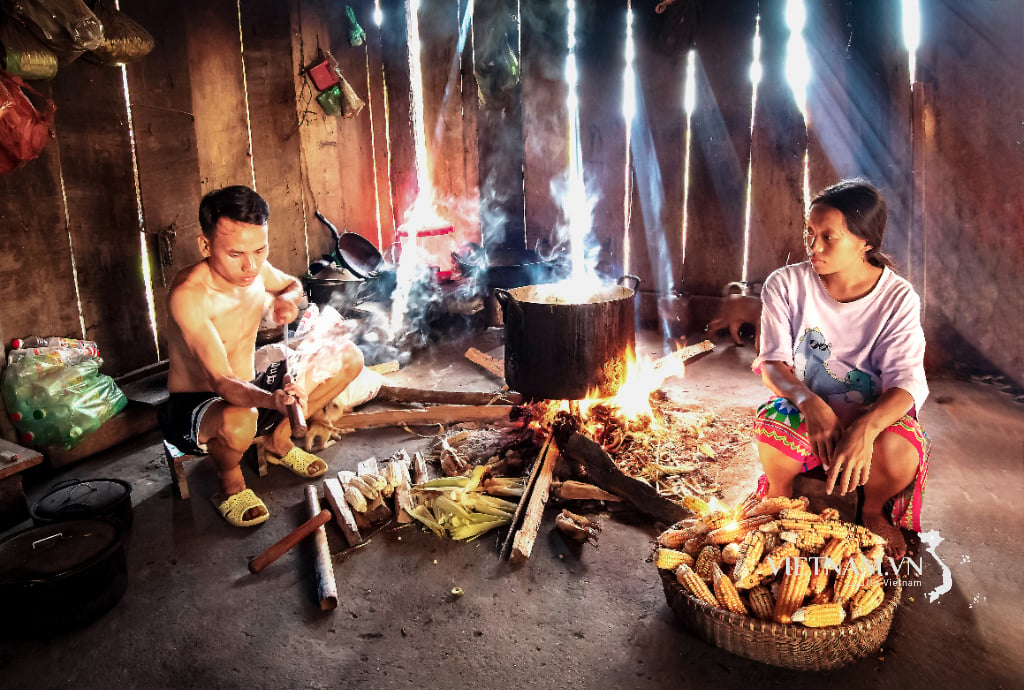



Comment (0)